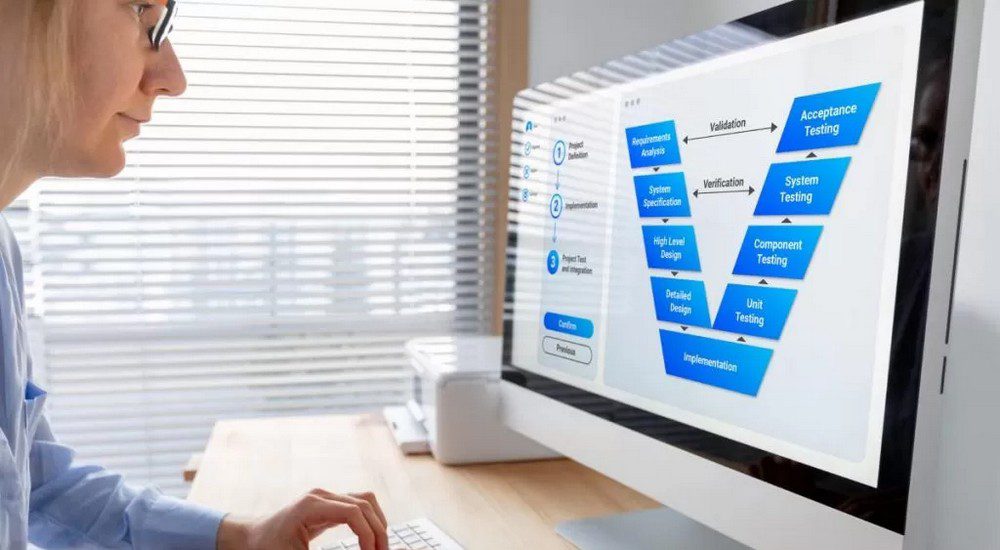Blog
Articles to grow your career
Article
8 Software Testing Myths
We want to share a few testing myths for those who is curious about QA and testing in general
Not many people outside the IT industry have a clear idea of what software testers do. But even among those directly involved in software development, there are often misconceptions about the work of quality assurance professionals. Let’s finally debunk a few common testing myths.
1. Testing is too expensive
They say, if you don’t want to pay for testing during the development process, you will have to pay for post-release support and fixes. Testing early can save you money, while failure or neglected attitude can have a dire impact on the quality of your product.
2. Testing takes a long time
Testing itself (subject to the competent organization of production processes) goes in parallel with development, so it is a stretch to talk about the time spent on testing. The truth is that fixing bugs found during testing takes time and effort – but these efforts will also result in improved product quality.
3. Only finished products are tested
No doubt testing depends on the code you write. But there is also testing of requirements and the creation of test artifacts, which can be carried out even before the creation of a finished version of the product. In addition, in an iterative development model, the testing and coding processes are fairly independent.
4. You can fully test the program
The problem arises when a client or project manager thinks so. This statement directly contradicts the second principle of testing, so yes, you can carry out many tests and provide full coverage of the functionality, but this does not mean that the software is fully tested. There can always be a mistake that you missed. Therefore, exhaustive testing is impossible – we can only bring the quality of the system to an acceptable level.
5. Testers are to blame for missed bugs
It is wrong to blame testers for bugs remaining in the application even after a full testing cycle. The problem here is time constraints, development costs, and frequently changing requirements. Testers, like other participants in the development process, are often limited in time and resources, which affects the quality of their work. Therefore, priorities need to be determined here.
6. Testers are responsible for the quality of the product
This is a very common misconception. Testers are responsible for finding bugs and transmitting information about them to interested participants in the development process, after which the latter decide what to do with these bugs next – whether they will be fixed or postponed.
Do you want to join us?
Leave an application and get a free consultation from our manager.
- Help in choosing a direction
- Course consultation
- Additional materials for the start
7. The only task of a tester is to find bugs
From the previous sections, you should have realized that this is far from the case. While developers usually work with a fairly narrow functional area, testers need to understand the organization of the system as a whole. In addition, in today’s environment, testers are often involved not only in testing as such, but also in quality assurance processes.
8. Anyone can test the software
People outside the IT industry often think that anyone without special training can test programs and that testing is a job that does not require special knowledge and creativity. Be that as it may, testers are well aware that this is a myth.
Today, in order to become a demanded specialist in the field of software testing, you need to have a sufficient level of training, understand modern trends in the development of information technology and have the personal qualities necessary for the profession. A good tester, in addition to the testing area itself, must know the basics of programming and be fluent in English at a level not lower than Intermediate.
But even if something of the above is missing, don’t worry. We can help you with this. SPIN CAREER has successfully trained many people in the tester profession. Our graduates work in leading IT companies in different states in the USA and Europe. In addition to comprehensive theoretical training, our students from the first weeks of training have the opportunity to participate in real projects and get real work experience.
Learn from Our Instructors at Spin Career Today
Are you ready to launch your Quality Assurance Career. Start learning by enrolling in our Manual quality assurance course and quality assurance automation course today.




